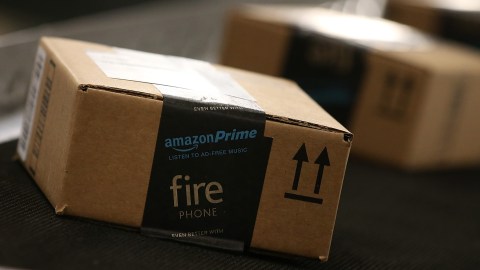What Amazon Is Getting Very Right About Its Workplace Environment

There’s a lot that sounds wrong with Amazon’s treatment of its employees, but Cass R. Sunstein, co-author of Wiser: Getting Beyond Groupthink to Make Groups Smarter, says they got one thing right: Office harmony is overrated.
“In emphasizing that harmony is often overrated, and in valuing disagreement and internal scrutiny, Amazon is acting consistently with the principal findings of decades of research in behavioral science.”
Harmony, Sunstein argues, creates a culture bound in “groupthink,” where the collective knowledge of the company’s employees tends to get silenced because of reputational pressures or because the information just doesn’t get communicated properly. Amazon has created a culture that values disagreement, so that it may have the proper input necessary to make the best decisions possible.
Sunstein says:
“Bosses do not just give feedback; they receive it. Disruptive thinking is welcome. Conflict and innovation are thought to march hand-in-hand. One of the company’s core principles advises employees to ‘disagree and commit.’ The theory is that ‘harmony is often overvalued in the workplace’ and ‘that it can stifle honest critique and encourage polite praise for flawed ideas.’ Low-level employees are strongly encouraged to make major contributions. In discussions, high status is not believed to be a guarantor of correctness.”
Amazon is a data-driven company and without the knowledge of its employees, the company risks falling behind — making bad decisions because information was withheld from group discussions.
However, Sunstein says that the story told in the damaging New York Times piece shows the darker side of this strategy, which displays an office culture that’s “unforgiving, harsh, and sometimes even cruel.” As Melissa Dahl from Science of Us reports, however, this Times article does not represent the whole of experiences at Amazon. An anonymous employee told Dahl, “Here, it sometimes seems like it’s not about the person — it’s about what you produce.” She went on to say that she wanted more acknowledgement for her accomplishments, but, otherwise, her experiences at the company were not to the same extremes as the ones reported in The Times.
Read more at Harvard Business Review and Science of Us.
Photo Credit: Justin Sullivan / Getty Staff




